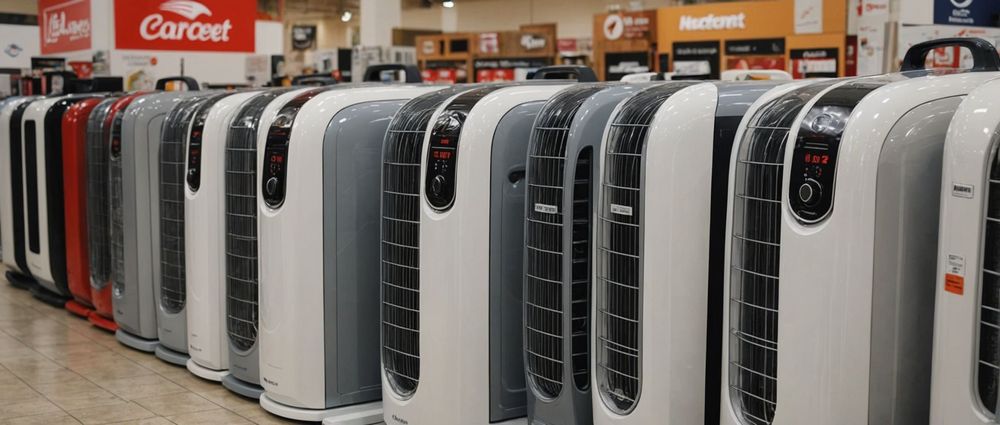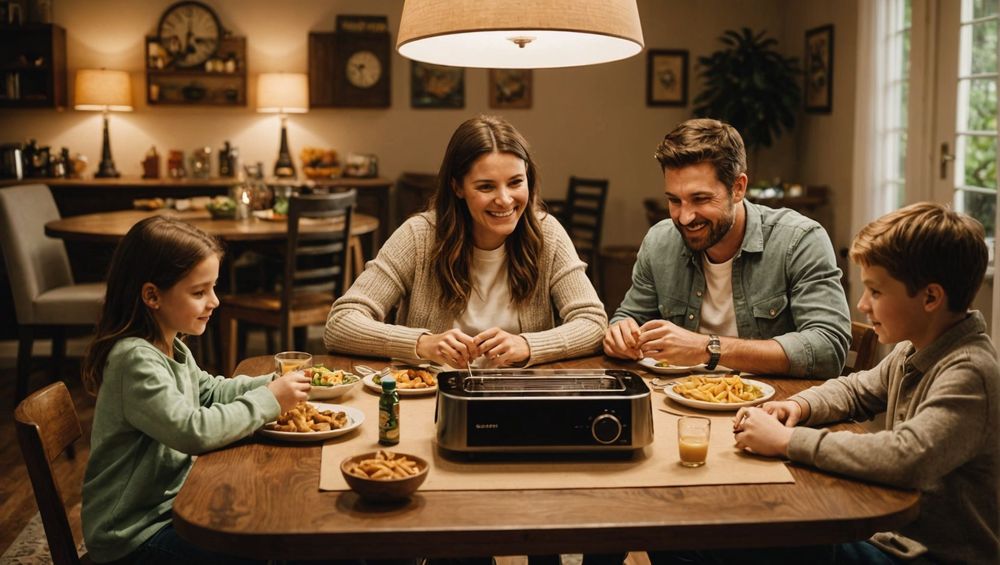Electric room heaters are portable devices designed to provide supplemental warmth in individual rooms, making them a popular choice for many households. These heaters utilize electrical energy to generate heat, providing immediate comfort during colder months. In this article, we will explore different types of electric room heaters, their benefits, usage tips, features to consider, and safety precautions to ensure you make the most informed decision for your heating needs.
Types of Electric Room Heaters

Electric room heaters come in various styles and technologies, catering to different preferences and requirements. Here are some common types:
- Convection Heaters: These heaters warm the air in the room, which then circulates, providing even heat distribution.
- Radiant Heaters: These heaters work by emitting infrared radiation, directly warming objects and people within their line of sight.
- Fan Heaters: Equipped with a fan, these heaters quickly disperse warm air throughout the room.
- Oil-Filled Radiators: These heaters contain oil that is heated and retains warmth for long periods, releasing it slowly into the room.
- Micathermic Heaters: Combining convection and radiant heat, these heaters are praised for their efficiency and silent operation.
Understanding the different types will help you choose the most suitable heater for your specific needs, ensuring not just a warm environment but also energy efficiency and comfort.
Benefits of Electric Room Heaters

Electric room heaters offer numerous advantages that make them an attractive option for many people. They are typically easy to use, portable, and cost-effective. Here are some key benefits:
- Quick Heating: Most electric heaters can provide warmth almost instantly, enhancing comfort during cold weather.
- Energy Efficiency: Since they heat specific rooms, they are more energy-efficient than central heating systems that warm unused spaces.
- Portable Design: Many models are lightweight and come with wheels, allowing easy relocation from room to room.
- Variety of Options: From simple plug-in units to more complex models with timers and thermostats, there’s a heater for every preference.
- Safer Operation: Many modern electric heaters come with safety features such as tip-over and overheat protection, minimizing risks.
These benefits make electric room heaters a practical choice for both temporary and long-term heating solutions, providing comfort while being mindful of energy consumption.
Key Features to Consider When Buying
When selecting an electric room heater, consider the following essential features to ensure you make an informed purchase:
- Wattage: Determine the heater’s wattage to understand its heating capacity; more watts can mean quicker heating for larger spaces.
- Thermostat: A built-in thermostat helps maintain a consistent room temperature and can lead to energy savings.
- Safety Features: Look for heaters with automatic shut-off, tip-over protection, and cool-touch exteriors.
- Noise Level: Consider models with quiet operation, especially for bedrooms or workspaces.
- Size and Weight: Choose a size and weight that fit your space and mobility needs, ensuring it’s easy to move if necessary.
These features not only enhance the heater’s functionality and safety but also contribute to a more efficient heating experience tailored to your unique requirements.
Using Electric Room Heaters Efficiently
To maximize the performance and longevity of your electric room heater, follow these efficient usage tips:
- Use in Smaller Spaces: Electric heaters work best in smaller, enclosed areas where hot air can be contained.
- Keep Windows and Doors Closed: Ensure the room being heated is well insulated to prevent warm air from escaping.
- Utilize Timers: Set timers or programmable thermostats to operate the heater only when needed, saving energy.
- Position Wisely: Place the heater in a location where it can circulate air freely, away from furniture or curtains.
- Regular Maintenance: Clean the heater regularly to remove dust and debris, maintaining optimal performance.
Implementing these practices not only enhances the efficiency and effectiveness of your heating device but also prolongs its lifespan, ensuring you get the most out of your investment.
Conclusion
Electric room heaters are an excellent choice for anyone looking to add supplemental warmth to their living spaces. With various types available, understanding their benefits and features can help you make an informed decision that best meets your needs. By choosing the right heater and using it efficiently, you can enjoy a cozy environment even during the coldest months, all while being mindful of energy consumption and safety. Make sure to evaluate your options carefully to elevate your comfort level during winter.
FAQs
1. Can electric room heaters save on heating bills?
Yes, using electric room heaters can be more cost-effective as they allow you to heat specific rooms, reducing the need to turn on the central heating system, thus saving energy and costs.
2. Are electric room heaters safe to use?
Modern electric room heaters are equipped with various safety features such as tip-over protection and automatic shut-off systems, making them safe when used according to the manufacturer’s guidelines.
3. How long can I run an electric room heater continuously?
While it is generally safe to run electric room heaters continuously, it is advisable to follow the manufacturer’s recommendations, typically around 5-6 hours, and always ensure good ventilation.
4. What size heater do I need for my room?
The size of the heater you need depends on the room’s square footage. As a rough guide, you’ll need about 10 watts per square foot to maintain a comfortable temperature.
5. Can I use an electric room heater while I sleep?
Yes, you can use an electric room heater while you sleep. However, ensure it has safety features like a timer or thermostat, and follow safety precautions to avoid any risks.



